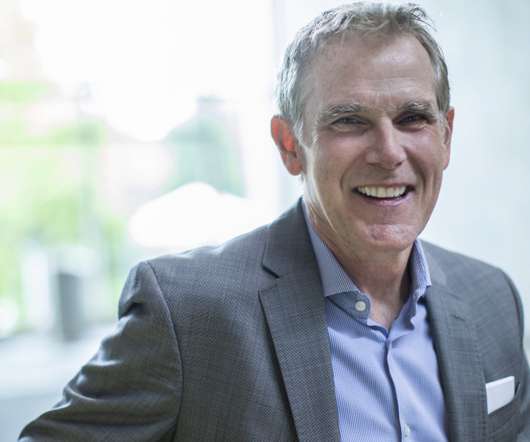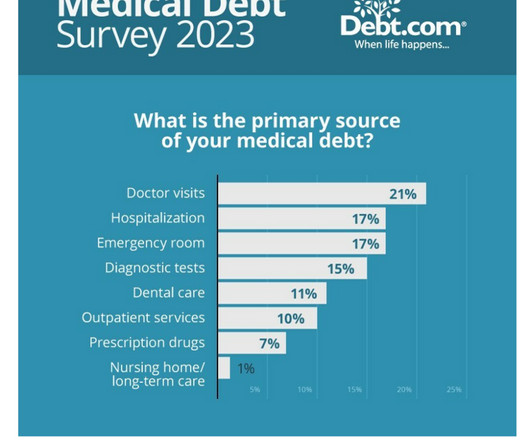Why Is So Much “Patient Experience” Effort Focused on Financial Experience?
Health Populi
AUGUST 23, 2021
Financial Experience (let’s call it FX) is the next big thing in the world of patient experience and health care. Patients, as health consumers, have taken on more of the financial risk for health care payments. These are projected to grow nearly 10% a year through 2026, Kalorama has estimated in a recent forecast.













Let's personalize your content